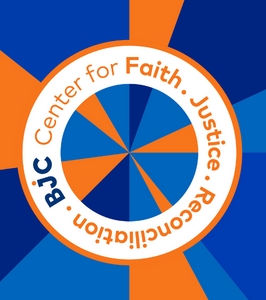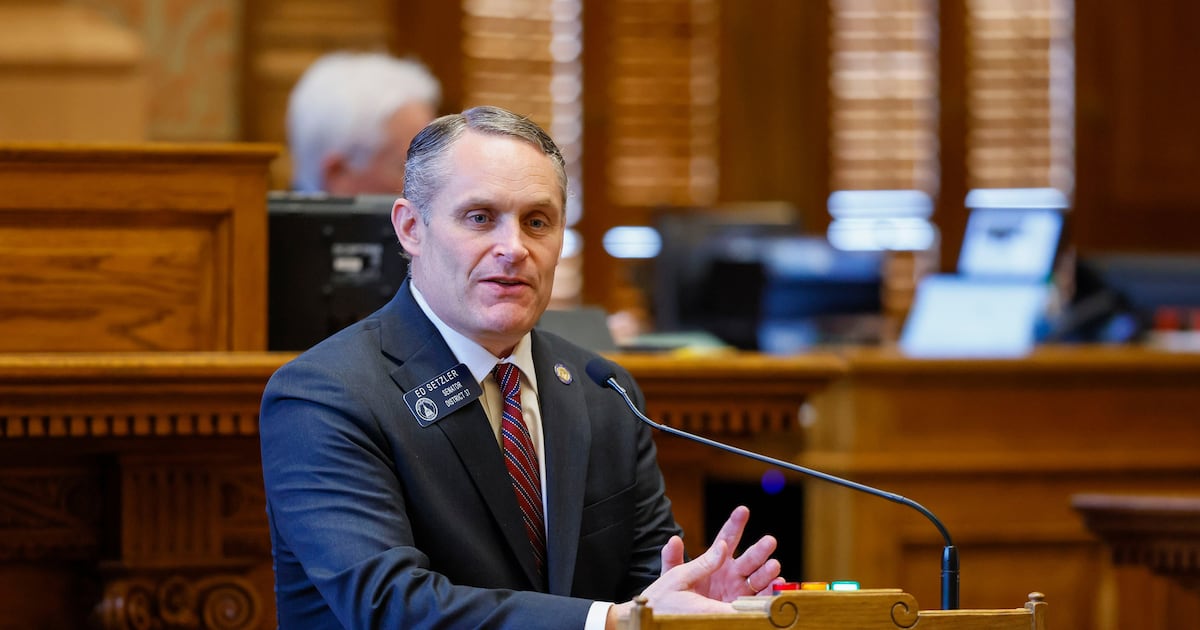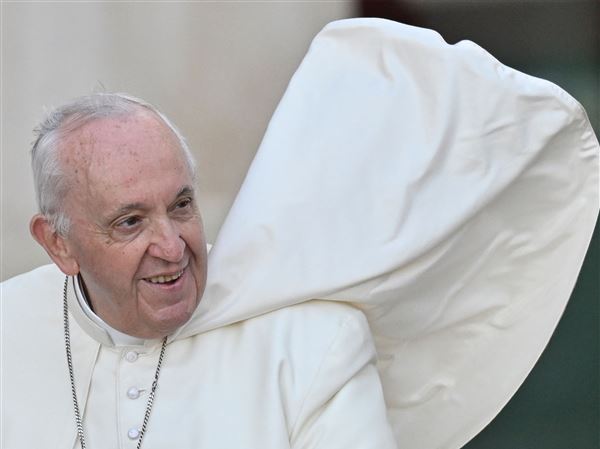Georgia GOP Revives Controversial 'Religious Freedom' Bill After Years of Gridlock
Religion
2025-04-03 04:51:52Content
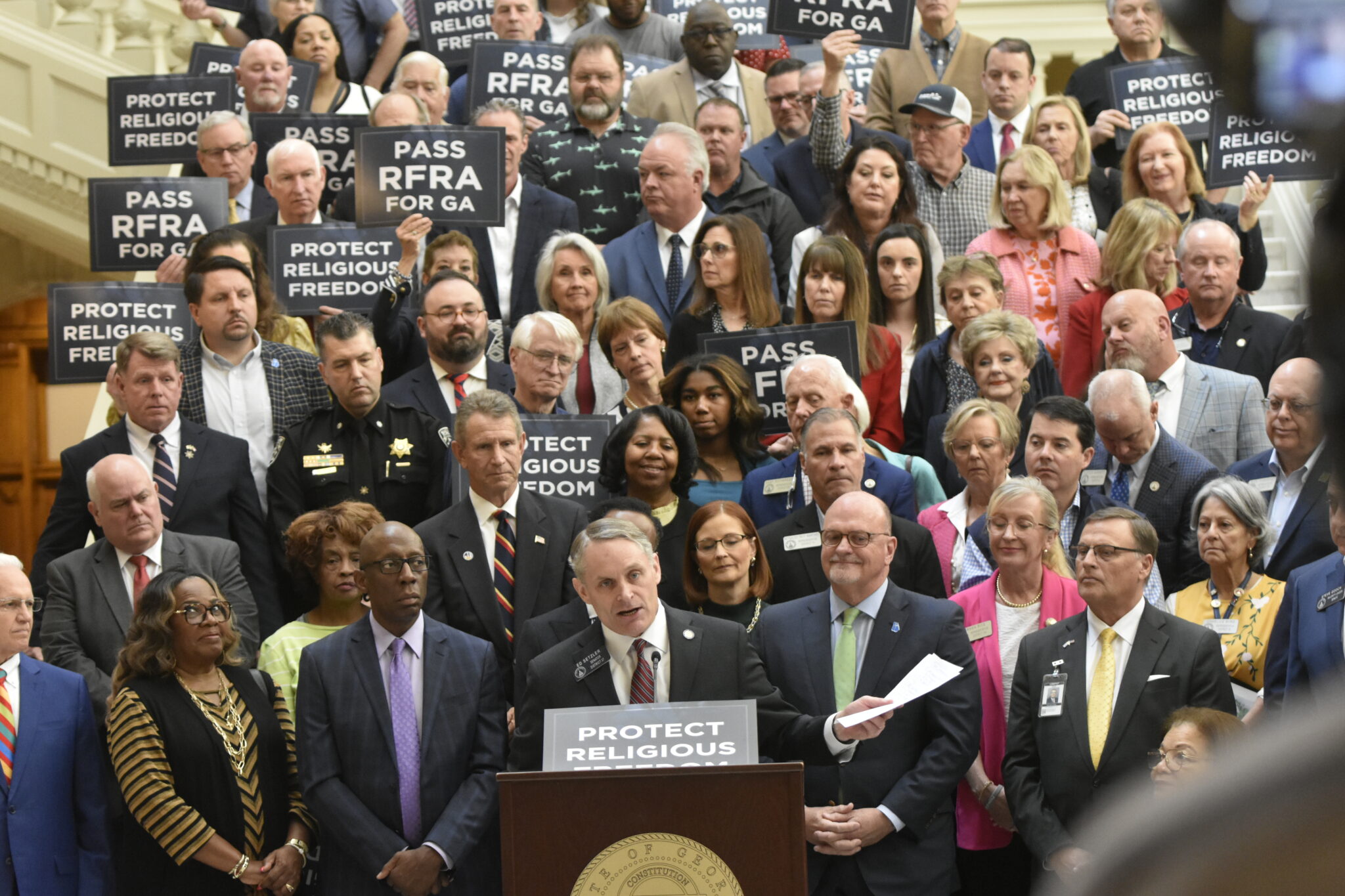
In a contentious legislative move, Georgia's House of Representatives has passed a controversial religious freedom bill, sending it directly to Governor Brian Kemp's desk. The legislation narrowly cleared the chamber with a 96-70 vote, largely reflecting deep partisan divisions on the issue.
The bill, which sparked heated debate, passed primarily along party lines late Wednesday, highlighting the ongoing tensions surrounding religious liberty and legislative priorities in the state. Supporters argue the measure protects religious expression, while critics contend it could potentially enable discrimination under the guise of religious freedom.
As the bill now awaits Governor Kemp's decision, political observers are closely watching to see whether he will sign the legislation into law or send it back for further review. The vote underscores the complex and emotionally charged nature of religious freedom debates in contemporary Georgia politics.
Religious Freedom Bill Sparks Heated Debate in Georgia Legislature
In the heart of the Southern United States, a controversial legislative measure has emerged, casting a long shadow over the complex landscape of religious liberty and civil rights in Georgia. The proposed bill, which has rapidly become a focal point of political discourse, represents a critical juncture in the ongoing dialogue about the delicate balance between religious expression and potential discrimination.Navigating the Thin Line Between Protection and Prejudice
The Political Landscape of Religious Freedom Legislation
The Georgia State Legislature has once again found itself at the center of a contentious debate surrounding religious freedom. The proposed bill, which recently passed the House with a narrow 96-70 vote, reflects the deep ideological divisions that continue to characterize contemporary political discourse. Supporters argue that the legislation provides essential protections for individuals and organizations with deeply held religious convictions, while critics contend that the bill opens the door to potential discriminatory practices. The nuanced nature of this legislative proposal reveals the complex interplay between constitutional rights, personal beliefs, and societal inclusivity. Lawmakers have been engaged in intense negotiations, attempting to craft language that simultaneously respects religious liberty while preventing potential misuse of religious exemptions as a mechanism for discrimination.Constitutional Implications and Legal Challenges
Legal experts have been closely examining the potential constitutional ramifications of the proposed bill. The legislation raises significant questions about the interpretation of religious freedom protections under both state and federal law. Constitutional scholars argue that the bill treads a precarious line between protecting religious expression and potentially enabling discriminatory practices. The proposed legislation draws parallels with similar bills introduced in other states, reflecting a broader national conversation about the scope and limits of religious liberty. Constitutional attorneys have highlighted the potential for legal challenges, suggesting that the bill may face rigorous judicial scrutiny if signed into law.Societal Impact and Community Response
The proposed religious freedom bill has elicited passionate responses from various community stakeholders. LGBTQ+ advocacy groups, civil rights organizations, and religious institutions have been particularly vocal in their positions. Some view the legislation as a necessary protection for religious practitioners, while others see it as a potential mechanism for marginalizing vulnerable populations. Community leaders have organized town halls, public forums, and grassroots campaigns to voice their perspectives on the proposed legislation. The debate extends far beyond the immediate legislative context, touching on fundamental questions of individual rights, social inclusion, and the role of religious beliefs in public life.Governor's Deliberation and Political Calculus
Governor Brian Kemp now finds himself at a critical decision-making point. The bill's passage through the House with a predominantly party-line vote underscores the deeply partisan nature of the legislation. The governor must carefully weigh political considerations, constitutional principles, and the potential broader societal implications of signing the bill into law. Political analysts suggest that Kemp's decision will be influenced by a complex array of factors, including constituent sentiment, party dynamics, and the potential long-term political consequences of his choice. The bill represents more than a simple legislative measure; it is a symbolic battleground in the ongoing culture wars that continue to define American political discourse.National Context and Broader Implications
The Georgia religious freedom bill is not an isolated phenomenon but part of a larger national conversation about the intersection of religious liberty, civil rights, and anti-discrimination protections. Similar legislative efforts have been introduced in multiple states, reflecting a complex and ongoing dialogue about the boundaries of religious expression in a diverse and pluralistic society. National civil rights organizations are closely monitoring the developments in Georgia, recognizing the potential precedential impact of this legislation. The bill could potentially influence similar legislative efforts in other states, making it a critical test case in the ongoing national debate about religious freedom and civil rights.RELATED NEWS
Religion

Easter's Bridge: Could This Ancient Celebration Heal a Millennium-Old Church Divide?
2025-03-29 08:00:00
Religion
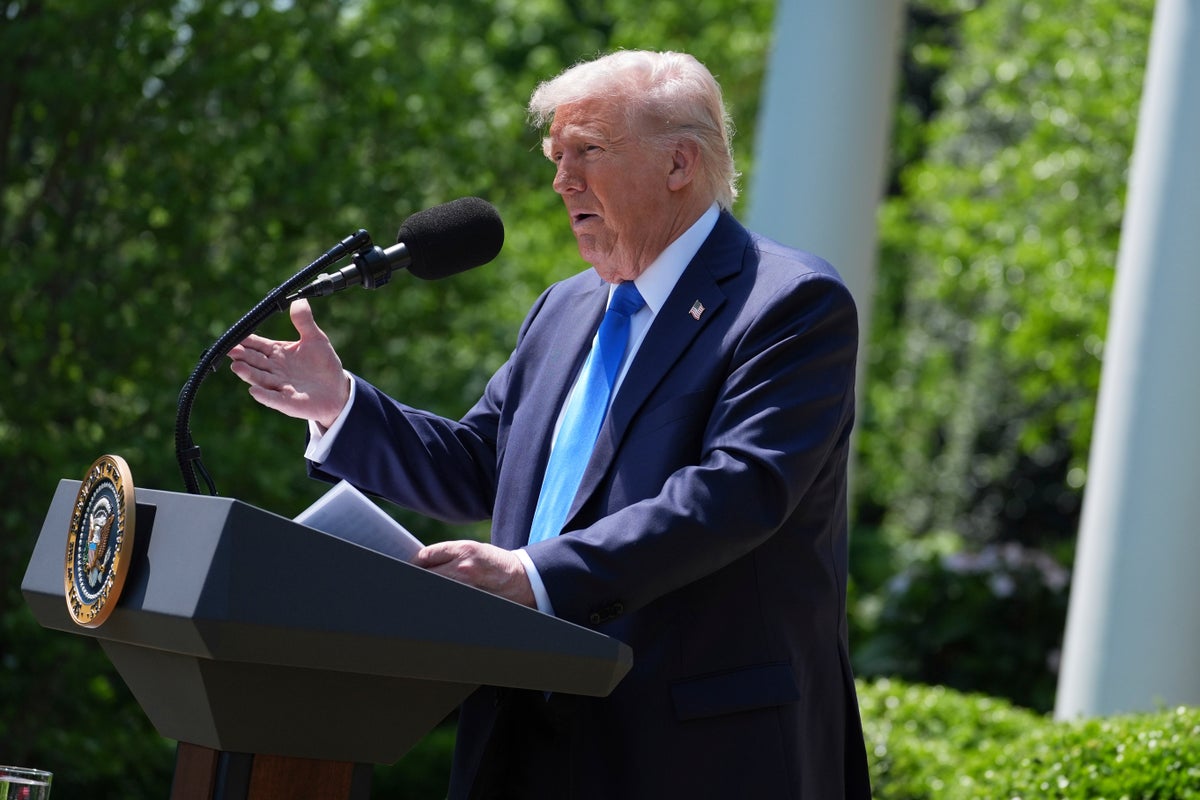
Divine Intervention or Political Provocation? Trump Blends Prayer and Partisan Rhetoric in Controversial Address
2025-05-01 19:25:46
Religion

Mission Possible: ETBU Students Spread Hope During Spring Break Outreach
2025-03-21 16:24:00



